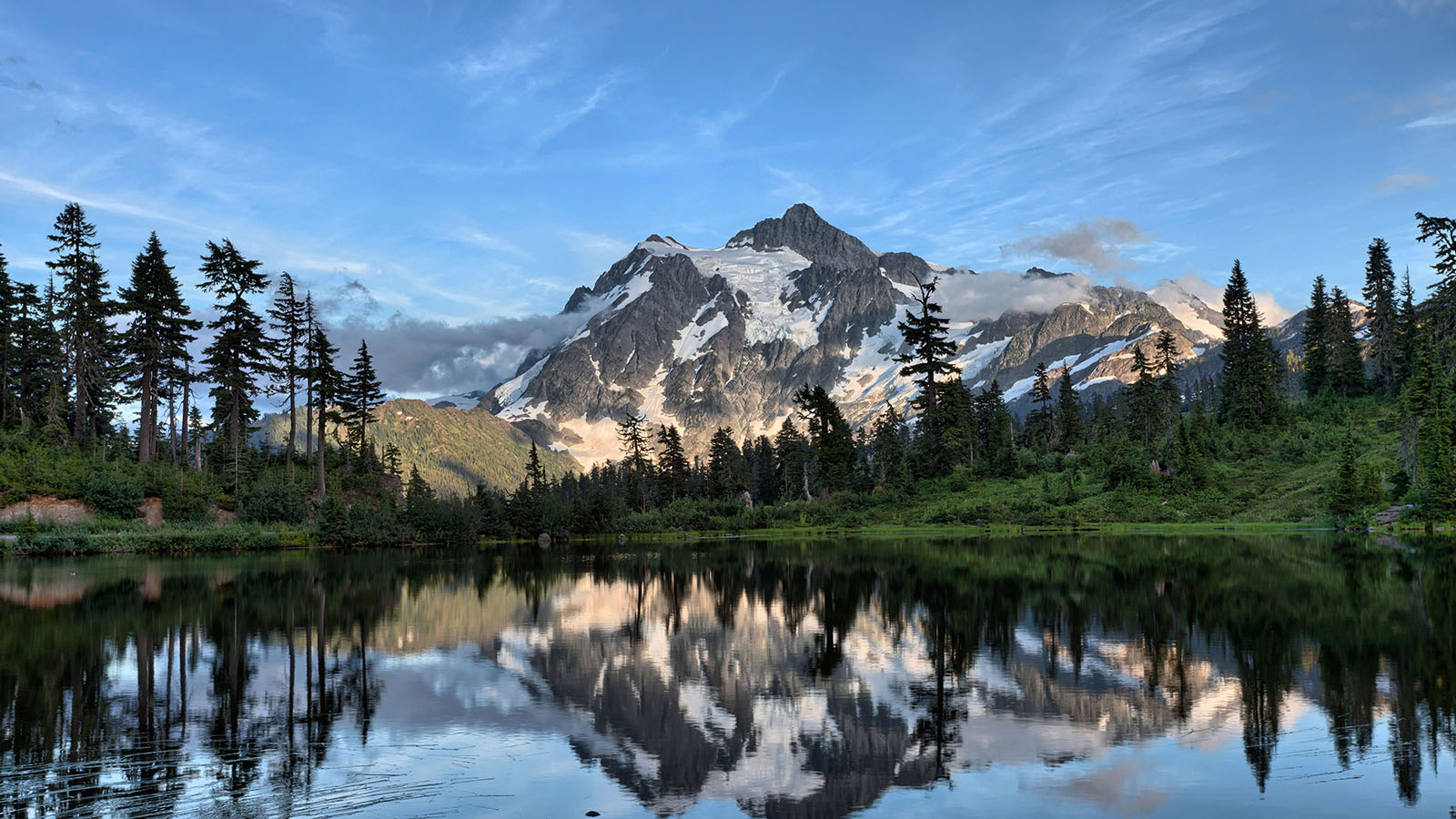
Donate Today
The Southern Resident orca population that makes its home in Puget Sound is critically endangered. Scientists warn that they will not survive unless we take bold action to save them.
Updated
Donate
Orcas that make their home in Puget Sound and the Pacific Coast are critically endangered. Fewer than 75 Southern Resident orcas remain today, among the lowest in decades. Why are orcas dying? Vessel noise and water pollution in the Puget Sound play a role, but primarily, scientists point to the disappearance of Chinook salmon—the orcas’ main food source. Orcas eat almost nothing but Chinook salmon—it makes up 80 percent of their diet.
Every year, Chinook salmon swim down cold, mountain streams to the Snake River — through the states of Idaho and Washington — out to the open ocean. But, over a dozen dams on the Columbia and Snake rivers stand as barriers that prevent young salmon from reaching the ocean. In total, dams on the Lower Snake River obstruct 140 miles of prime salmon migration waterways, and salmon populations have declined by 90 percent since they were built. All Snake River salmon runs are now listed as threatened or endangered, including the Chinook salmon that orcas depend on.
If we don’t act fast to boost Chinook salmon populations, we could lose our orcas forever. Breaching the four federal dams on the lower Snake River is the single biggest opportunity we have to avert extinction of the Snake’s salmon and to restore access for salmon and steelhead to 15 million acres of cooler, high elevation watershed. This would substantially increase spawning habitat for Snake River Chinook and greatly increase the availability of a critical food source for the endangered Southern Resident orcas.
With fewer than 75 orcas left, time is running out to save the species. Scientists warn we only have a few years left to rebuild a healthy orca population. As Washingtonians, we have a special role to play in the work. Since these majestic, beautiful whales live right in our backyard, we must be the ones to create a safe and healthy habitat for them.
We need to demonstrate to Washington leaders that Washingtonians support breaching the dams on the Lower Snake River in order to save salmon and orcas. If we don’t do everything in our power to preserve this iconic species of the Pacific Northwest, we could lose them forever.
Our Southern Resident orcas are starving. Fewer than 80 remain today and they are at risk of going extinct without urgent action.
Take Action
To help build public support we’ve knocked on doors across the state and talked to thousands of Washingtonians about this issue, collected thousands of petitions and public comments in support of saving salmon and orca, and met with key decision-makers. Alongside our coalition partners, we are working hard to keep the momentum going.
We are making progress. Washington Gov. Inslee and Sen. Murray have outlined a clear path for breaching the dams on the Lower Snake River, getting us one step closer to saving salmon and orcas. Add your name to our petition to Washington leaders and encourage them to keep going.
Salmon and orca are depending on us for their survival. Restoring a free-flowing Lower Snake River is the single best opportunity we have to stop the extinction of these irreplaceable animals.
As an advocate with Environment Washington, Pam develops and runs campaigns to protect Washington's air, water, and special places. She has worked on issues ranging from clean energy climate solutions, preventing plastic pollution, defending clean water, and protecting our special natural spaces. Pam lives in Steilacoom, Washington, where she enjoys kayaking on the Puget Sound, gardening and hiking in the surrounding mountains.
